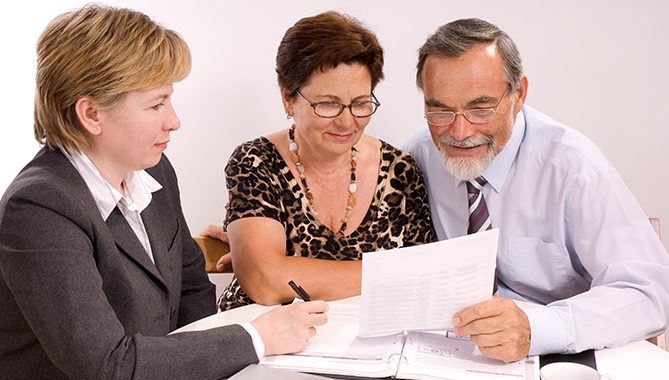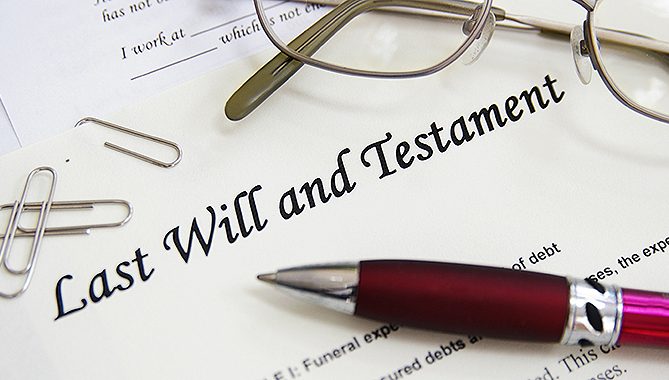 Let’s face it. Often one hears the lament “I don’t want to spend money on an attorney.” An assumption exists among some that an attorney is expensive. Some people assume also that an attorney will bill as much as he or she can. Neither assumption is universally correct.
Let’s face it. Often one hears the lament “I don’t want to spend money on an attorney.” An assumption exists among some that an attorney is expensive. Some people assume also that an attorney will bill as much as he or she can. Neither assumption is universally correct.
Situations arise in which we need legal advice and help:
(1) we need estate planning;
(2) we want to provide for young children if both parents are gone;
(3) we want to plan for ageing parents; and
(4) ageing persons feel a need to protect themselves for varying reasons.
Attorneys are like other groups; some are good, some bad; some are experts, some pretend to be experts; and, some advertise that they do wills, do probate cases, and engage in estate planning while others do not advertise.
Keep in mind, however, that we do not have a certification or specialization process here in Georgia. An advertisement does not mean an attorney is certified in a particular area of the law. There is not a State Bar of Georgia board certification process for attorneys as some other professions use for specialization certification.
Remember that there are always a few with an agenda of their own. Fortunately, they are indeed few and far between.
Remember also that there are those who put “Probate,” or “Estate Planning,” or “Wills and Trusts” on their web sites or other advertisements assuming that working in these areas is simple enough.
With those cautions, how do we find someone to help us with the necessary expertise? Here are some suggestions:
(1) Ask your friends, but always remember that your friends may not be experts in evaluating attorneys; and, ask other attorneys you know.
(2) Double check your friends’ opinions, and one way is to “interview” attorneys. Simply go and talk to various attorneys and “grade” them in your own mind.
(3) DO NOT rely simply on web pages and print advertisements.
(4) Check with local and state bar associations. Ask the Chair of the Fiduciary Law Section or the Estate Planning Section to give you the names of several attorneys to interview.
(5) When you are interviewing an attorney, ask how many times he or she appeared in Probate Court last month, or how many estate cases he or she filed in your own county’s Probate Court last month. You can check that latter information very easily.
Understand that your Probate Judge cannot make recommendations regarding an attorney which you should use. There are several reasons for that.
Should a judge recommend a particular attorney, then that judge is expressing a degree of confidence in that attorney. When that attorney next appears in a contested case before that judge, the opposing side will certainly have a plausible argument at the judge must recuse himself or herself because of the reasonable inference that the judge would place more confidence in the attorney in whom the judge expressed confidence.
That is not a stretch. A judge must at all times remain impartial in every respect, and never permit the slightest “appearance” of bias or impropriety. While the person asking the judge’s opinion is not benefitted by the judge’s refusal to recommend, it is what must happen to maintain the fairness and impartiality of our system of justice.



